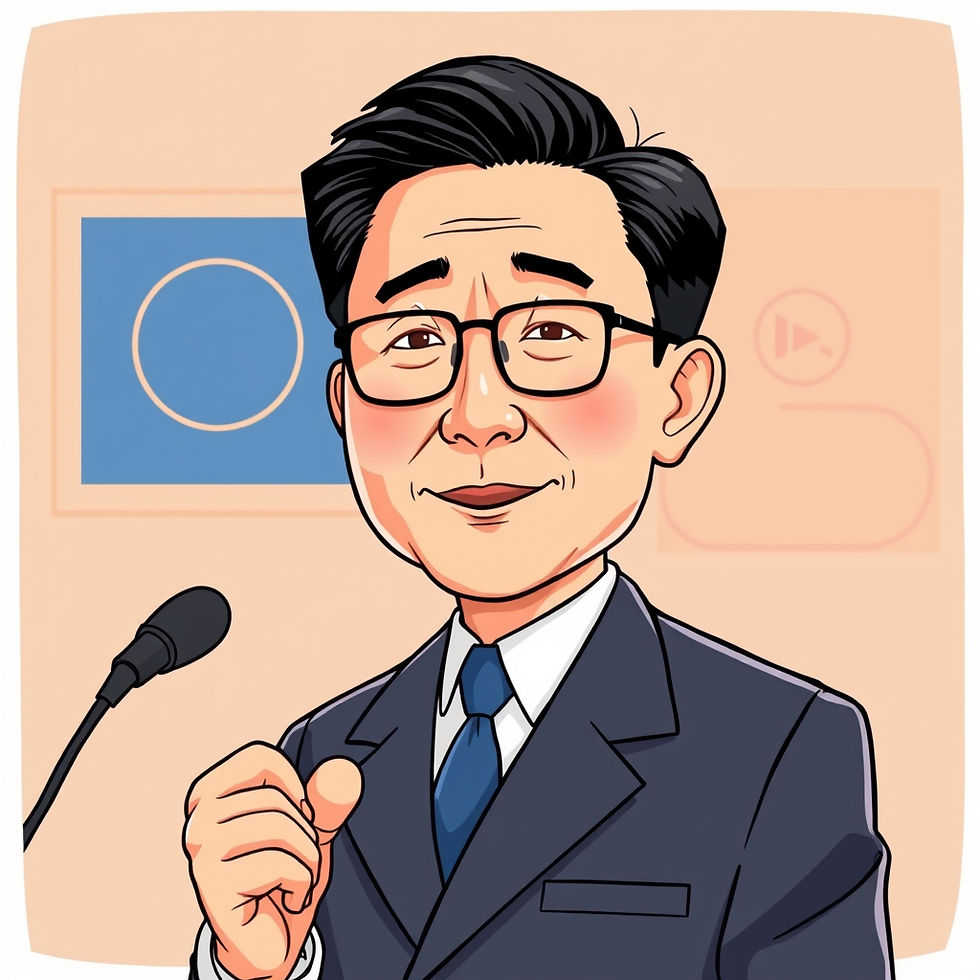South Korea: A New Era Post-Impeachment
- Gabe Goldman

- Jun 6
- 2 min read
In December 2024, President Yoon Suk Yeol of the Republic of Korea(South Korea) declared martial law. This move was widely condemned as unconstitutional and sparked nationwide protests. On April 4, 2025, South Korea's Constitutional Court unanimously upheld the National Assembly's decision to impeach Yoon, stating that his actions represented a serious violation of the law and a betrayal of public trust.
Following Yoon's impeachment, an emergent presidential election was held on June 3rd. Lee Jae-myung, representing the Democratic Party, won the presidency with 49.4% of the vote, defeating conservative candidate Kim Moon-soo. Lee's victory is seen as a response to the recent political crisis and a mandate for change.

In South Korea, the Democratic Party is defined by its progressive economic policy and works toward achieving and maintaining human rights. Lee Jae-myung's rise to power in the party is notable due to his journey from a challenging upbringing. His experiences have shaped his political vision, emphasizing social justice and economic reform.
President Lee's inaugural address covered his notable stance on relations with the Democratic People's Republic of Korea(North Korea). He says, “Unification of the two Koreas is the long‑cherished desire of the 70 million Korean people. Inter‑Korean relations must become more productive than they are now. Our attitude will be pragmatic, not ideological... As already stipulated in my Initiative for Denuclearization and Opening up North Korea to Achieve US$3,000 in Per Capita Income, once North Korea abandons its nuclear program and chooses the path to openness, we can expect to see a new horizon in inter‑Korean cooperation. Together, the leaders of the two Koreas must contemplate what they can do to make the lives of all 70 million Koreans happy and how each side can respect each other and open the door to unification.”
Lee’s North Korea policy centers on “pragmatic peace”: a conditional, cooperative strategy that uses incentives to encourage denuclearization, rebuilds institutional lines of communication, and balances deterrence with diplomacy. This new presidency could possibly be the beginning of peace in the Koreas for the first time in 75 years.



Comments